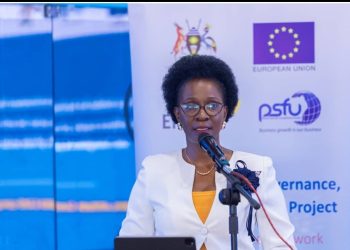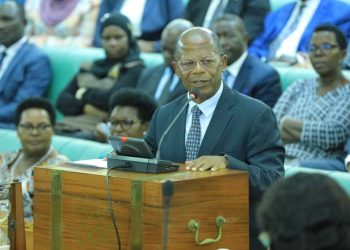In a move that highlights the unique nature of their roles, the academic staff at Makerere University, represented by the Makerere University Academic Staff Association (MUASA), have voiced their rejection of the university’s recently implemented biometric attendance management system.
The system’s primary aim was to combat absenteeism among the teaching staff, forming part of the government’s broader Human Capital Management System (HCM) initiative for public service.
In a letter addressed to Mrs. Lorna Magara, the Chairperson of the University Council, dated October 20 and received by the Vice Chancellor’s office on October 23, Dr. Robert Kakuru, Chairperson of MUASA, elucidated the lecturers’ concerns.
They argued that the university’s core mandate, which encompasses teaching, research, and outreach, distinguishes their roles from typical public service positions with rigid 8:00 am to 5:00 p.m., Monday to Friday, working hours.
The lecturers emphasized that their responsibilities extended beyond the confines of a traditional office, often requiring work before and after official working hours.
For instance, evening classes and external programs were cited as areas where the biometric system might hinder their duties, potentially leading to the collapse of these programs.
In a compelling statement, the lecturers called for a shift in management’s focus from physical presence to productivity.
They expressed concerns that the forceful implementation of the biometric system could result in brain drain and staff resignations, emphasizing the need to assess staff output instead of their physical presence on campus.
Moreover, the lecturers recommended a reprioritization of funds allocated to the biometric system to better equip the staff for their roles.
They pointed out deficiencies in infrastructure, such as limited lecture rooms, a lack of essential teaching tools, and inadequate quality assurance mechanisms, urging the university to address these pressing issues rather than investing heavily in biometrics.
In conclusion, the Makerere University lecturers’ rejection of the biometric system sheds light on the distinct nature of their work, prompting a call for alternative methods of monitoring staff performance and productivity in alignment with the university’s unique academic mission.

































































